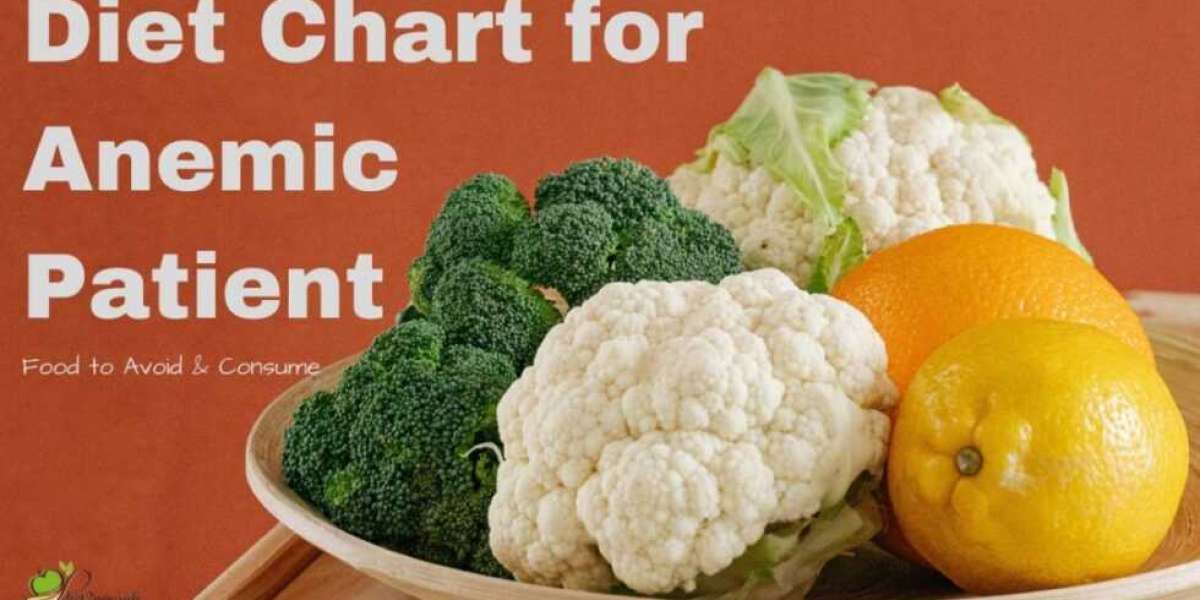The goal of an anemia-specific diet is to increase the intake of nutrients necessary for red blood cell production and support overall health. A diet for anemic patient should focus on incorporating iron-rich foods, sources of vitamin B12 and folic acid, and other key nutrients involved in red blood cell synthesis.
Iron is a vital nutrient in the production of hemoglobin, which carries oxygen to body tissues. Anemic patients should include iron-rich foods in their diet to address iron deficiency anemia. Good sources of iron include lean meats, such as beef, pork, and poultry, as well as fish. Plant-based sources of iron include legumes (beans, lentils), tofu, spinach, kale, and fortified cereals. Combining iron-rich foods with sources of vitamin C, such as citrus fruits, bell peppers, and strawberries, enhances iron absorption.
Vitamin B12 is necessary for the production of healthy red blood cells. Anemic patients with a deficiency in vitamin B12 may require supplementation or increased intake of foods such as fish (salmon, trout), shellfish (clams, mussels), lean meats (beef, chicken), dairy products (milk, yogurt, cheese), and eggs. For individuals following a vegetarian or vegan diet, fortified breakfast cereals, plant-based milk alternatives, and nutritional yeast are good sources of vitamin B12.
Folic acid, also known as folate, is essential for red blood cell formation. Anemic patients should consume foods rich in folate, such as dark green leafy vegetables (spinach, kale, collard greens), legumes (lentils, beans), citrus fruits, and fortified cereals. Cooking methods that preserve folate, such as steaming or lightly sautéing vegetables, are recommended to retain their nutrient content.
In addition to specific nutrients, an anemia-specific diet should emphasize a well-balanced intake of other essential nutrients to support overall health. Fruits and vegetables provide a variety of vitamins, minerals, and antioxidants that are important for red blood cell function and overall well-being. Whole grains, such as brown rice, quinoa, and whole wheat bread, are good sources of B vitamins and fiber. Healthy fats, found in sources like avocados, nuts, and olive oil, support nutrient absorption and provide energy.
It is important to note that certain foods and substances can hinder the absorption of iron and other nutrients. Anemic patients should avoid consuming calcium-rich foods (dairy products) and beverages (such as tea and coffee) during meals, as they can inhibit iron absorption. However, consuming these foods at least two hours before or after an iron-rich meal is acceptable.
Alongside dietary modifications, lifestyle factors can also impact anemia. Regular physical activity, as advised by a healthcare professional, can help improve blood circulation and oxygen delivery. Adequate sleep, stress management, and avoiding habits like smoking can contribute to overall health and well-being.
In some cases, anemia may be caused by underlying medical conditions or deficiencies that require additional medical interventions. It is crucial to work closely with a healthcare professional or registered dietitian to determine the underlying cause of anemia and develop a personalized diet plan.
Monitoring progress and effectiveness of dietary changes is important for anemic patients. Regular follow-up appointments with healthcare professionals or registered dietitians can help track progress, adjust dietary plans if needed, and address any concerns or challenges.
In conclusion, a well-planned diet is essential for managing anemia and supporting red blood cell production. An anemia-specific diet should focus on incorporating iron-rich foods, sources of vitamin B12 and folic acid, and other key nutrients involved in red blood cell synthesis. By following a balanced diet and working closely with healthcare professionals, individuals with anemia can optimize their nutritional status, improve their condition, and enhance their overall well-being.






